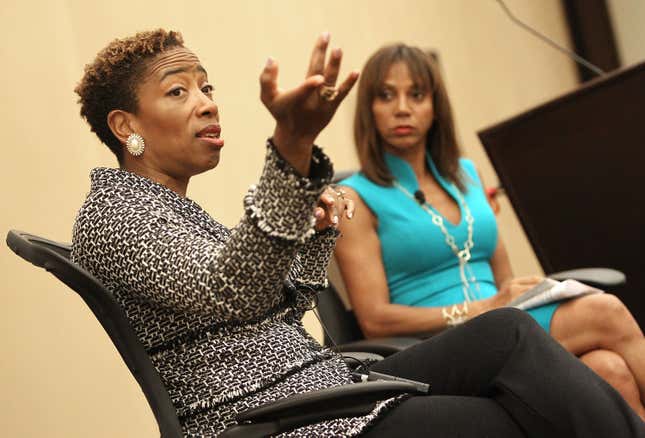Decades of Oppressing Black Women Have Reportedly Set the U.S. Economy Back by Over $500 Billion
A recent report found that misogynoir is apparently bad for the economy.
Work

According to a new report from financial services firm S&P Global, the racist barriers to economic mobility that have limited Black women’s educational and vocational achievements have also depressed the U.S. economy by approximately $507 billion over the past six decades. That’s right—being anti-Black is bad for the economy!
If Black women’s educational attainment had grown at the same rate as that of white women between 1960 and 2019, that alone would have stimulated the U.S. economy by $107 billion. If Black women had been in jobs that better matched their educational abilities and skills during that 60 year period, that amount would have increased by another $400 billion.
-

-

-

-

-

-

-

-

-

-

-

-

-

-

-

-

-

-

-

-

-

-

-

-

-

-

-

-

-

-

-

-

-

-

-

-

-

-

-

-








































